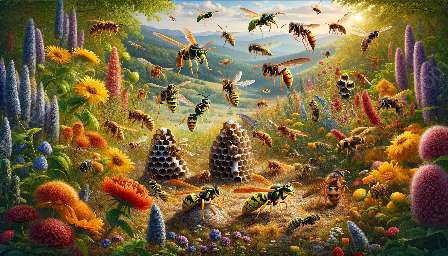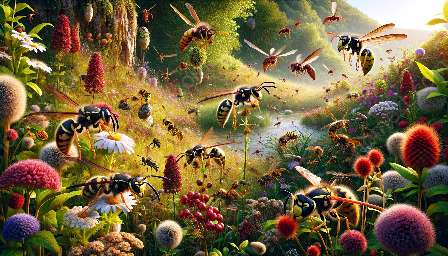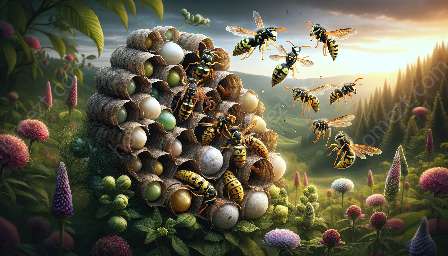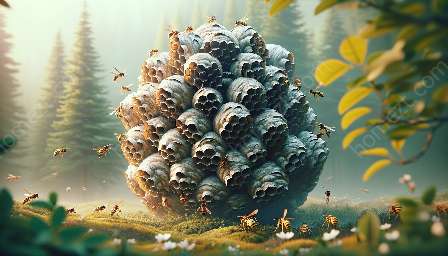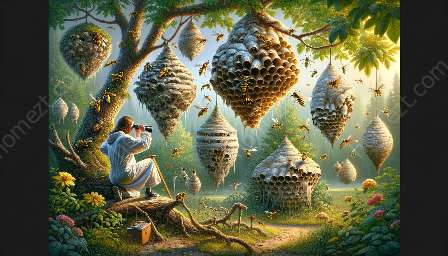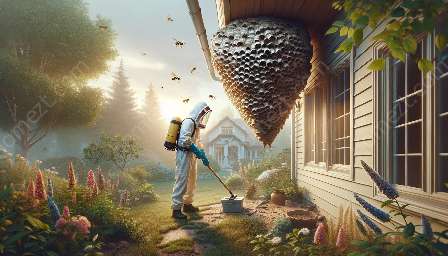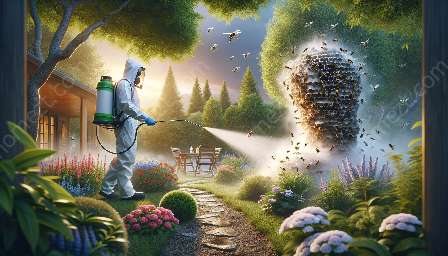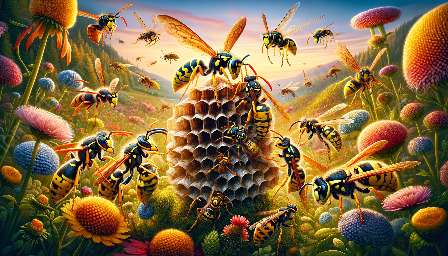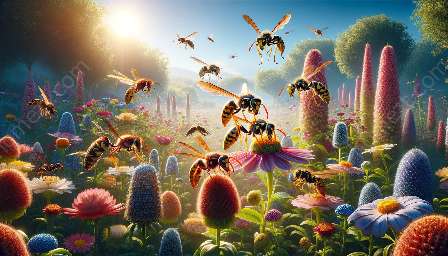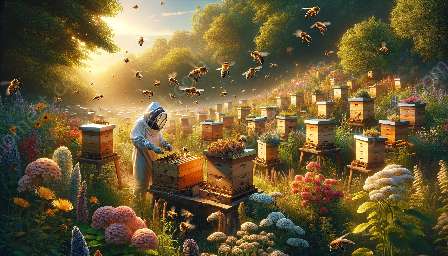Discovering natural wasp repellents can help you keep these pesky insects at bay without resorting to harmful chemicals. By understanding the behavior of wasps and using effective repellents, you can protect your home and garden in an environmentally friendly way.
Understanding Wasps and the Need for Pest Control
Wasps are important for ecosystem health, but they can also pose a threat when their nests are in close proximity to humans. It's essential to find a balance between coexisting with wasps and ensuring their presence does not become a nuisance or a danger.
Implementing pest control measures to manage wasp populations around your home is crucial for maintaining a safe and comfortable living environment while respecting the role of these insects in nature. Natural wasp repellents offer an effective and eco-friendly way to achieve this balance.
Natural Wasp Repellents
There are several natural substances and methods that can repel wasps effectively. These repellents are not only safe for the environment but also serve as a sustainable alternative to chemical-based products.
Peppermint Oil
Peppermint oil has a strong, pleasant aroma that deters wasps. By mixing a few drops of peppermint oil with water and spraying it around your home, you can create a barrier that discourages wasps from building nests or entering the area.
Vinegar and Water Spray
A solution of vinegar and water can also be used as a natural wasp repellent. By spraying this mixture in outdoor areas where wasps are present, you can disrupt their communication and foraging patterns, making them less likely to linger around your home.
Essential Oils
Essential oils such as lemongrass, citronella, and eucalyptus are known for their ability to repel insects, including wasps. Diluting these oils and using them in spray form can help create an unwelcoming environment for wasps without harming the environment.
Other Pest Control Methods
In addition to natural repellents, there are several other strategies you can employ to control wasp populations around your property:
- Sealing Cracks and Entrances: Prevent wasps from entering your home by sealing any cracks, crevices, or openings around doors, windows, and walls.
- Removing Attractants: Keep food and garbage tightly sealed, as these can attract wasps looking for sources of sustenance.
- Repelling Plants: Certain plants, such as spearmint, thyme, and wormwood, can naturally repel wasps when grown around your outdoor living spaces.
- Professional Assistance: If you have a severe infestation or large nest, seeking help from a pest control professional is advisable to ensure safe and effective removal.
Creating a Wasp-Free Environment
By combining natural wasp repellents with proper pest control methods, you can create a home environment that is unappealing to wasps while maintaining ecological balance. It's important to be proactive in addressing potential nesting areas and taking preventive measures to avoid attracting these insects.
Overall, natural wasp repellents offer a safe and sustainable approach to managing wasp populations and ensuring a harmonious coexistence with these beneficial yet sometimes troublesome insects.

